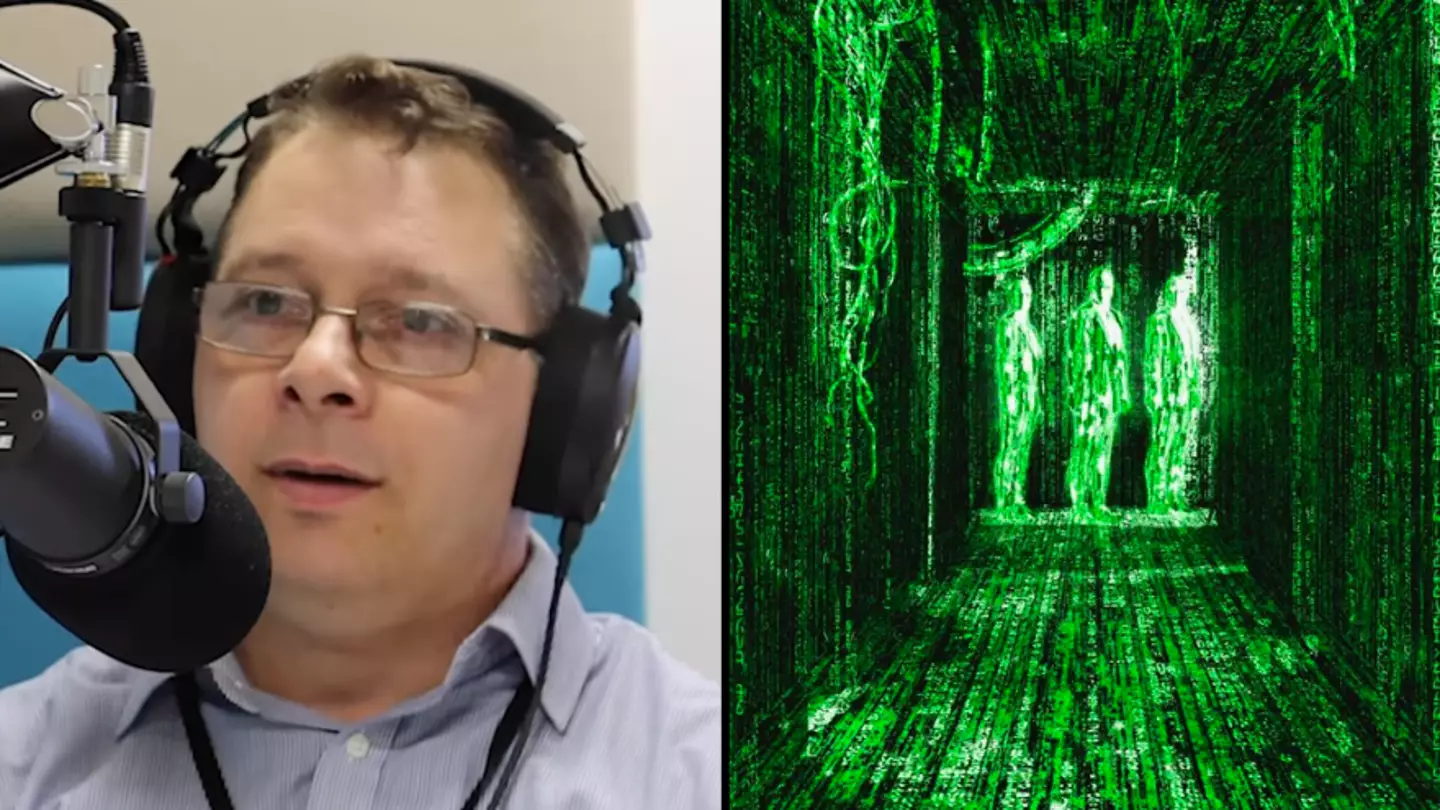
A scientist claims he has new research that could point to the reality of humans living in a simulation.
Melvin Vopson, an associate professor in physics at the University of Portsmouth, discovered a new law of physics that could prove we’re just living in a Matrix-style universe.
Professor Vopson previously published a research paper suggesting that information and elementary particles have mass, similar to human DNA.
Advert
Last year, he uncovered a new law of physics called the 'second law of information dynamics', which explains how information behaves.
.jpg)
The new law could help predict genetic mutations in organisms and their outcomes.
It's is based on the second law of thermodynamics, which establishes entropy – a measure of disorder in an isolated system – that increases or stays the same.
Advert
Professor Vopson anticipated that the entropy in information systems would also increase over time.
However, research threw an M Night Shyamalan curveball, and he found that it actually stays the same, and even slowly decreases.
He concluded the second law of information dynamics, or infodynamics, could significantly impact genetics research and evolution theory.
In other words, it may not be at the root of genetic mutations.

“My studies point to a bizarre and interesting possibility that we don't live in an objective reality and that the entire universe might be just a super advanced virtual reality simulation,” Professor Vopson wrote in a paper published in AIP Advances.
Advert
He added: "The paper also provides an explanation for the prevalence of symmetry in the universe.
"Symmetry principles play an important role with respect to the laws of nature, but until now there has been little explanation as to why that could be. My findings demonstrate that high symmetry corresponds to the lowest information entropy state, potentially explaining nature's inclination towards it.”
He added that the way excess information is removed resembles a ‘computer deleting or compressing waste code’ to save storage space and increase power.
And, as a result, it supports the idea we're living in a simulation.
Advert
However, he added that more testing is required to prove this theory.
"One possible route would be my experiment devised last year to confirm the fifth state of matter in the universe — and change physics as we know it — using particle-antiparticle collisions,” Professor Vopson said.
Pretty exciting stuff.
Featured Image Credit: YouTube/University of Portsmouth. Warner Bros